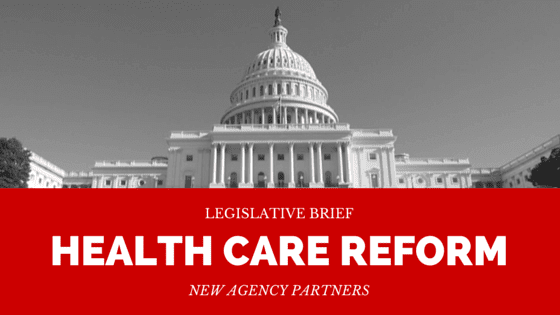
On May 30, 2018, Governor Phil Murphy signed two bills into law that are designed to stabilize and reduce health insurance premiums in the individual market.
Individual Mandate
The New Jersey Health Insurance Market Preservation Act is a state individual mandate requiring individuals in New Jersey to maintain acceptable health coverage or pay a penalty. The law becomes effective on January 1, 2019.
New Jersey is only the second state to enact its own health insurance individual mandate. This new law will require most individuals in the state and their family members to be covered under minimum essential coverage for each month of the year, beginning in 2019. Individuals who don’t obtain acceptable health insurance coverage will be penalized. The penalty as well as the requirement for minimum essential coverage are the same as under the ACA.
The New Jersey health Insurance Premium Security Act establishes a health insurance reinsurance plan in the state. New Jersey intends to seek federal funding for this program through a Section 1332 State Innovation Waiver made available under the Affordable Care Act (ACA).
State Reinsurance Program
The State Reinsurance Program will allow insurance carriers in New Jersey to apply for reinsurance payments as reimbursement of a portion of their claims costs for the year. This program essentially replaces the ACA’s federal reinsurance program, which expired in 2017 and is no longer operational.
For more information about these two new laws, you can read this publication from our content partner, Zywave.
All insurance policies are different. Be sure to review your insurance policy for specific information about coverages available to you. Nothing in this post is meant to suggest a guarantee of coverage.
